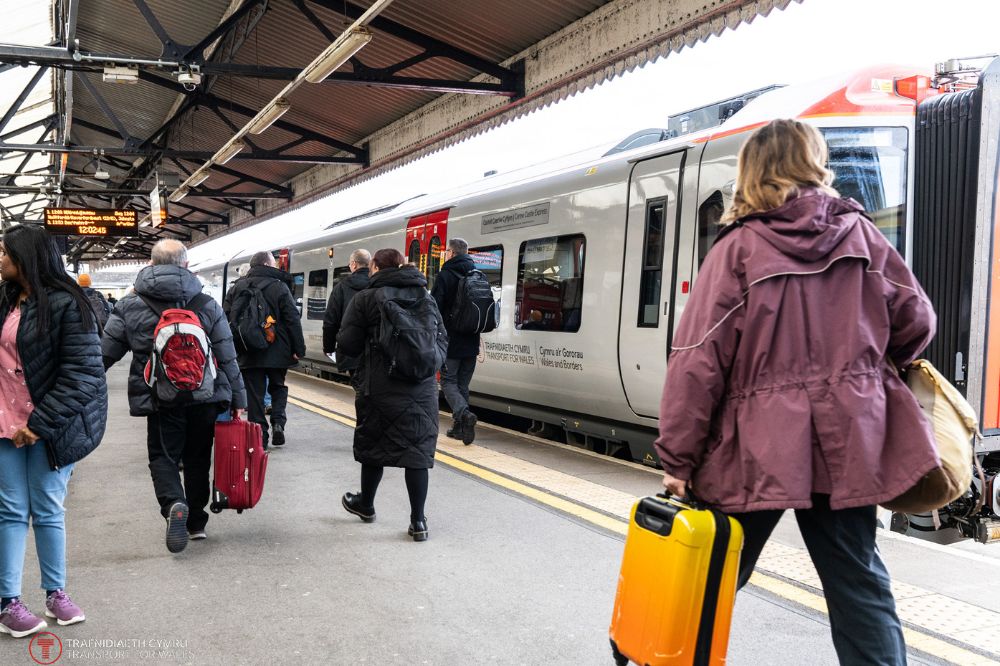Leading think tank highlights need to speed up sustainable transport delivery in Wales

A new report by a leading think tank has recommended a raft of policies to help speed up sustainable and affordable transport delivery in Wales.
The Next Step for Transport in Wales: Achieving a Sustainable Transport System for People and Planet was organised in partnership with the Institute of Welsh Affairs (IWA) and Arup – a collective of engineering and sustainability consultants, designers, architects and experts.
It emphasised the importance of the Welsh Government’s role in putting forward positive incentives to accelerate the transition to a decarbonised transport system.
The report says that recent debates on the 20mph default speed limit have shown that the transformation required to bring transport up to speed with the realities of climate change remain divisive across the nation.
Initiatives
The report recommends:
- Widespread investment in behaviour change initiatives.
- Community- and citizens-informed policy development.
- The setting of stronger targets to direct transport policy.
- Supercharge transport data collection to demonstrate the effectiveness of investment.
- Accelerate the transition to transport-oriented development across all levels of government .
- Utilise newly incorporated Corporate Joint Committee’s to maximise regional transport planning aligned to Wales’ sustainable transport vision
The IWA report also calls for a “shared and value-driven” vision for transport which balances policy carrots and sticks, and brings Wales’ communities on board.
It lays out that transport policy should also act as a means to tackle inequality rather than exacerbate it.
Wales’ second Carbon Budget commits the nation to a 22% carbon reduction from passenger transport by 2025 and 98% in 2050.
Emissions from transport have fallen by 6% since 1990.
Many Welsh communities depend on cars – with a third of the population living rurally.
Wales has a lower number of electric vehicles and limited charging infrastructure.
19.4% of households do not have access to a car at all.
Train links tend to be closer to more affluent communities while bus links are often located near poorer communities.
Bus travel is under-subsidised, leading to transport poverty and gender inequality as more women use public transport.
In 2004-05, local buses covered 129km, down to 84km as of 2022.
In England, data is collected annually on national transport.
In Wales, the next National Transport Survey is due in 2024 – but none has been undertaken in a decade.
The full report is available here.
Support our Nation today
For the price of a cup of coffee a month you can help us create an independent, not-for-profit, national news service for the people of Wales, by the people of Wales.






Wales is lagging behind again. Such a poor show. Anyone can see that a cheap, reliable and frequent public transport service, particularly buses, is a must for all sorts of reasons from climate change to work needs.
It takes a think tank to state the obvious. We are miles behind other countries and even our own past. We have made the car so much the priority, it is now clogging our streets. Parking alone is a huge growth of pain. You can’t go down roads near me without stop and start as one lane only instead of two.
Think-tanks and Behavioural Insights Team Manchester, Lynn Group. This is where our museum money is going…going on ways to con people, forcing people into toeing the line…Big brother knows best eh! Mr Gething ?
How about just putting on an hourly service from Machynlleth to Pwllheli and Aberystwyth. This would encouage people to use the route.